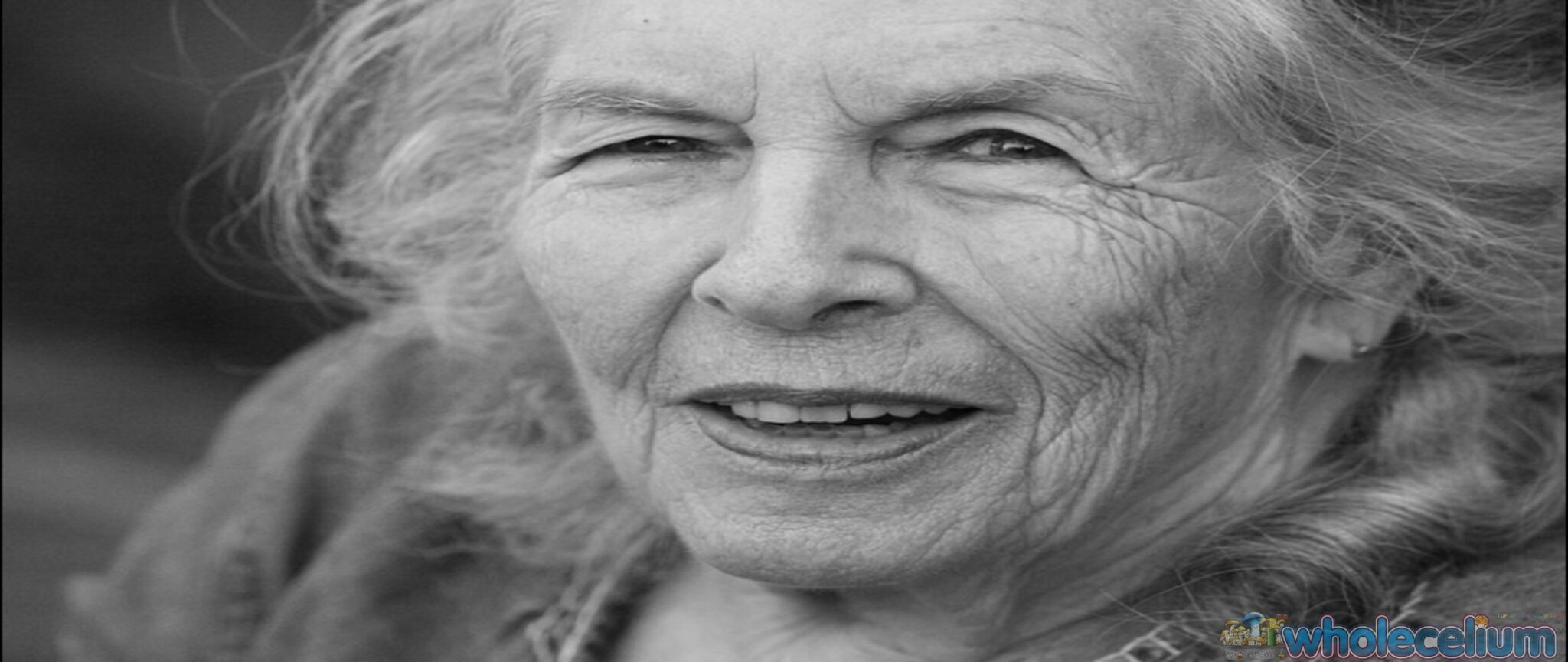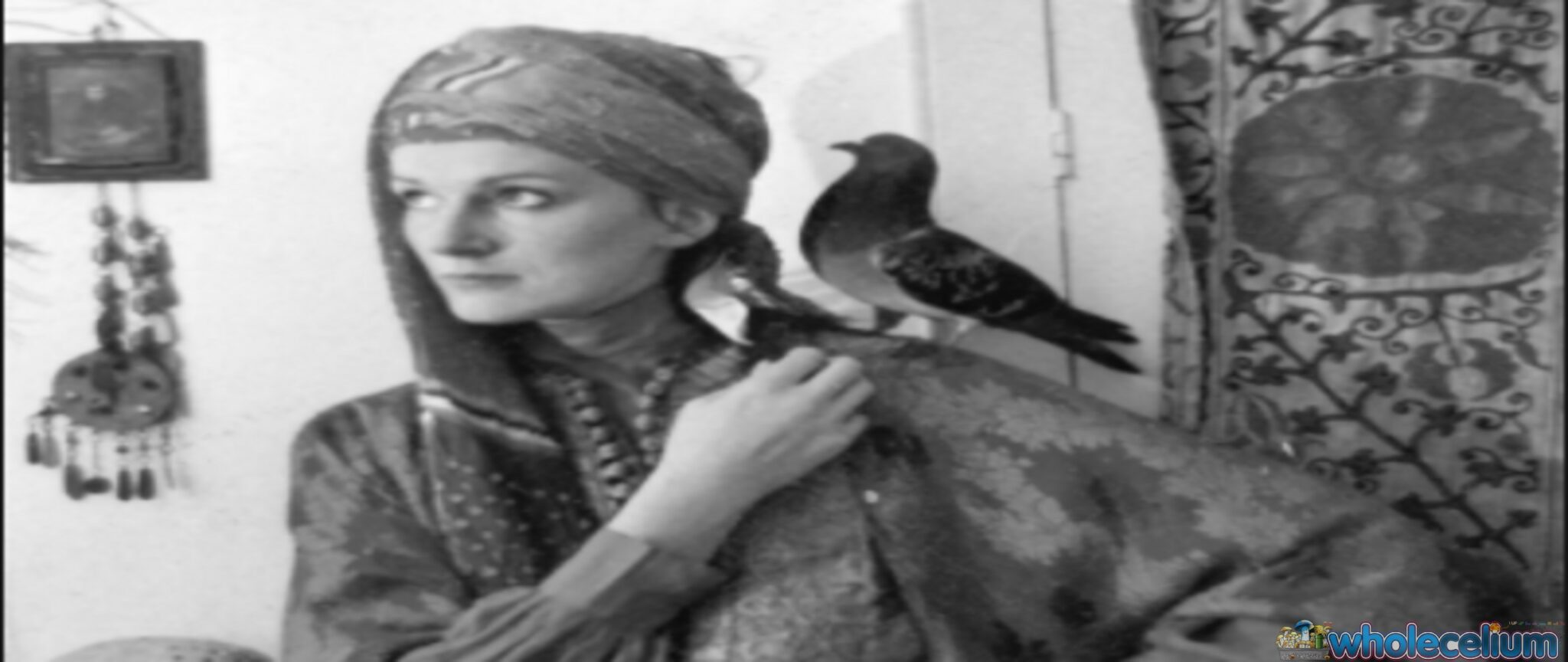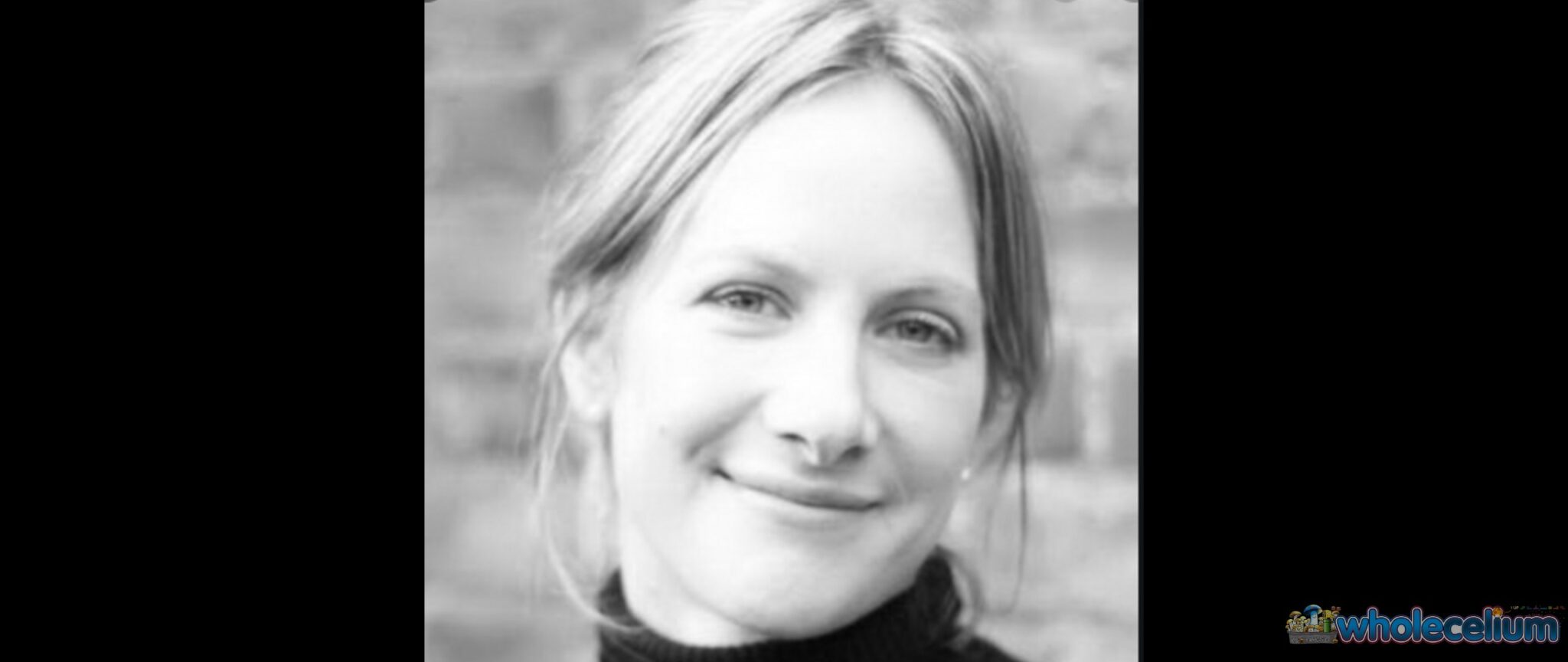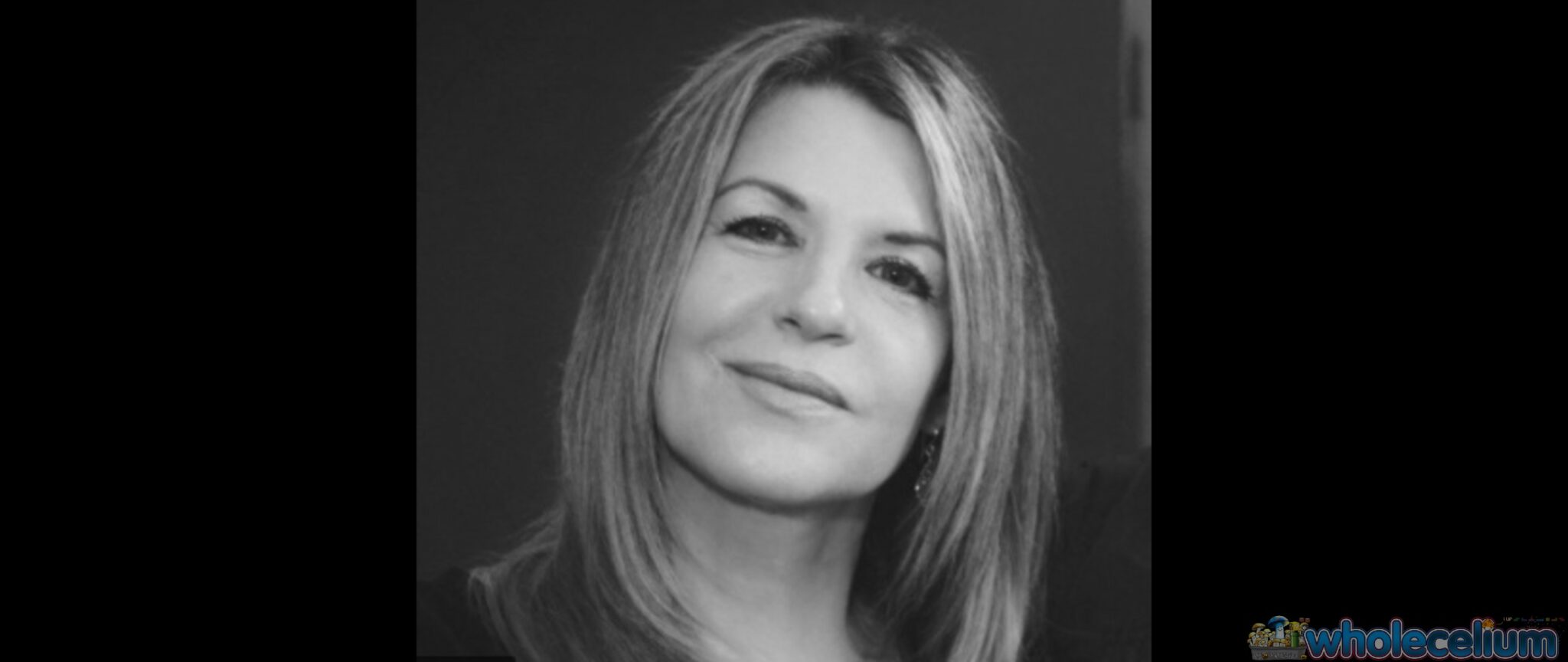As well as furthering knowledge in the field, many of these women are also working to make psychedelics more inclusive, and accessible to all. In this new instalment we will cover the scientists, researchers and campaigners that you need to know. This is our list of the top 5 women in psychedelics now!
Ann Shulgin

Ann Shulgin was born in 1931 in Wellington, New Zealand. A well travelled artist, her third marriage was to psychedelic chemist Alexander ‘Sasha’ Shulgin in 1981. Shulgin worked for many years as a lay counsellor providing psychedelic-assisted therapy. She utilised MDMA and 2C-B alongside her knowledge on Jungian Psychology. These substances (some of which like 2C-B were synthesised by her husband) were legal at the time, with MDMA made illegal in 1985, and 2C-B in 1995. The Shulgins co-wrote two books that would become classics of the psychedelic canon. PIHKAL: A Chemical Love Story and TIHKAL: The Continuation. In these publications they rated various psychoactive substances, and their effects, on what would become known as the Shulgin Rating Scale. A widow since 2014, Ann continues to contribute to psychedelic research and literature and is vocal in its support.
Amanda Fielding

Amanda Fielding (b.1943), or to use her other titles, Countess of Wemyss and March or Lady Neidpath, is the epitome of an English eccentric, albeit of the psychedelic variety. A lifelong psychedelics advocate and user, she started The Foundation to Further Consciousness in 1998. Later renamed the Beckley Foundation, the charitable organisation funds and collaborates with psychedelic research projects. Its most notable collaborations probably being with with Imperial College London and John Hopkins University. Despite an unusual past (she experimented with trepanning and ran for British Parliament twice), Fielding’s strong held faith in the therapeutic properties of psychedelics has recently begun to be vindicated. A long time friend of Albert Hofmann (He was on the board of the Beckley Foundation until his death in 2008), she is held in high esteem by the psychedelic community. Professor David Nutt remarked:
“Amanda’s remarkable vision and energy have led to transformational changes in both international drug policy and research with psychedelic drugs”
Among many psychedelic research breakthroughs, Fielding co-authored a paper with scientists at Imperial College London. This showed the first images of a brain on LSD. At 77, she remains wholly devoted to the psychedelic cause, stating;
“We’re depriving millions of people of a better life by not making use cleverly of what has been known throughout history. These (psychedelics) are tools to heal, to treat, to get to another level.”
Monnica Williams

Dr Monnica Williams is a clinical psychologist who holds positions as Associate Professor in the School of Psychology at the University of Ottawa; Clinical Director of the Behavioral Wellness Clinic in Tolland, Connecticut and Canada Research Chair in Mental Health Disparities. She is also at the forefront of the move to make psychedelic therapy trials more accessible to people of colour. Focussing on psychedelics to address racial trauma— and as a qualified MDMA assisted therapist, she collaborates with MAPS. Together they are working to make psychedelic therapies more inclusive. She is also the Associate Director of the Chacruna Institute for Psychedelic Plant Medicines. An organisation that works to unite current psychedelic research with ancient entheogenic tradition.
Though an important player in the slated ‘psychedelic renaissance’ she maintains
“‘Renaissance’ implies things are moving in the right direction or were good before, which they weren’t. I don’t want a repeat; I want something better.”
Rosalind Watts

Dr Rosalind Watts is a clinical psychologist from the Psychedelic Research Group at Imperial College London. She is the clinical lead in the current Imperial College study on Psilocybin for Depression. She developed a new method of psychedelic assisted therapy she dubs the ‘ACE’ model. This stands for Accept Connect Embody. It focuses on increasing psychological flexibility with the aid of psychedelics. The model itself is designed to include the possibility of negative experience with psychedelic therapy. By reframing negative emotion, or experience, as something to be learnt from, radical change and improvement is made. In parallel, the ACE model also helps to embody the positive and transcendental feeling elicited during psychedelic experience. As well as coming up with the model, Dr Watts ‘trip sits’ and guides participants through the experience.
Sheri Eckert

Sheri Eckert, along with her husband Tom, are the founders of the Oregon Psilocybin Society (OPS). They aim to bring psilocybin therapy to the people of Oregon. Hence, they were integral in the creation of the Psilocybin Service Initiative ballot (PSI 2020). If the bill is voted in by the people of Oregon this November, it will mean that access to psilocybin therapies will be granted. It also means that possession will be downgraded to a violation. Both Eckerts are practising therapists— maintaining that psilocybin therapy should exist for healing rather than profit. Showing ordinary people can make a big difference, the Eckert’s campaign could potentially help many in need. Sheri proclaims;
“Women deserve more recognition for the wisdom that they bring to this planet. Too few women have been acknowledged for their leadership in the current psychedelic renaissance. In seeking to diversify this movement, women must continue to speak out about their perspectives, knowledge, and ideas.”
Let Us Know!
So there you have it! That was our Top 5 Women in Psychedelics Now! Of course this is just a small cross section. But, if there are any essential women in the psychedelic field we have missed, please let us know in the comments below!





